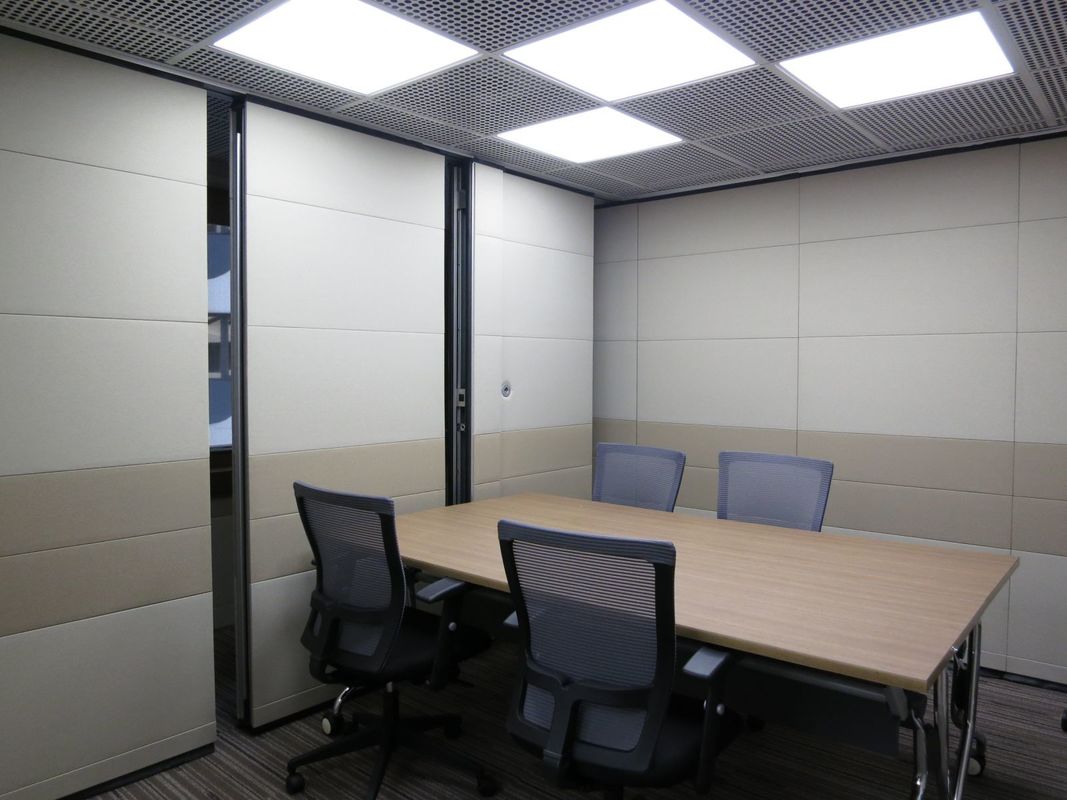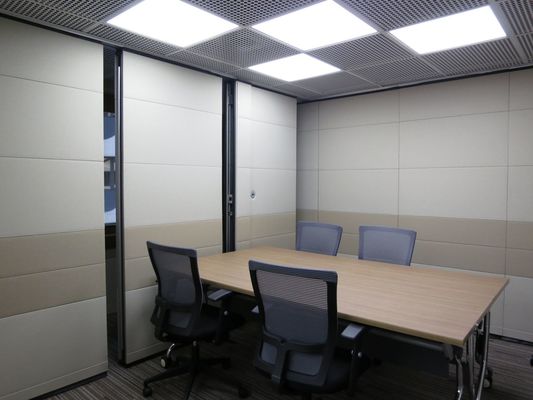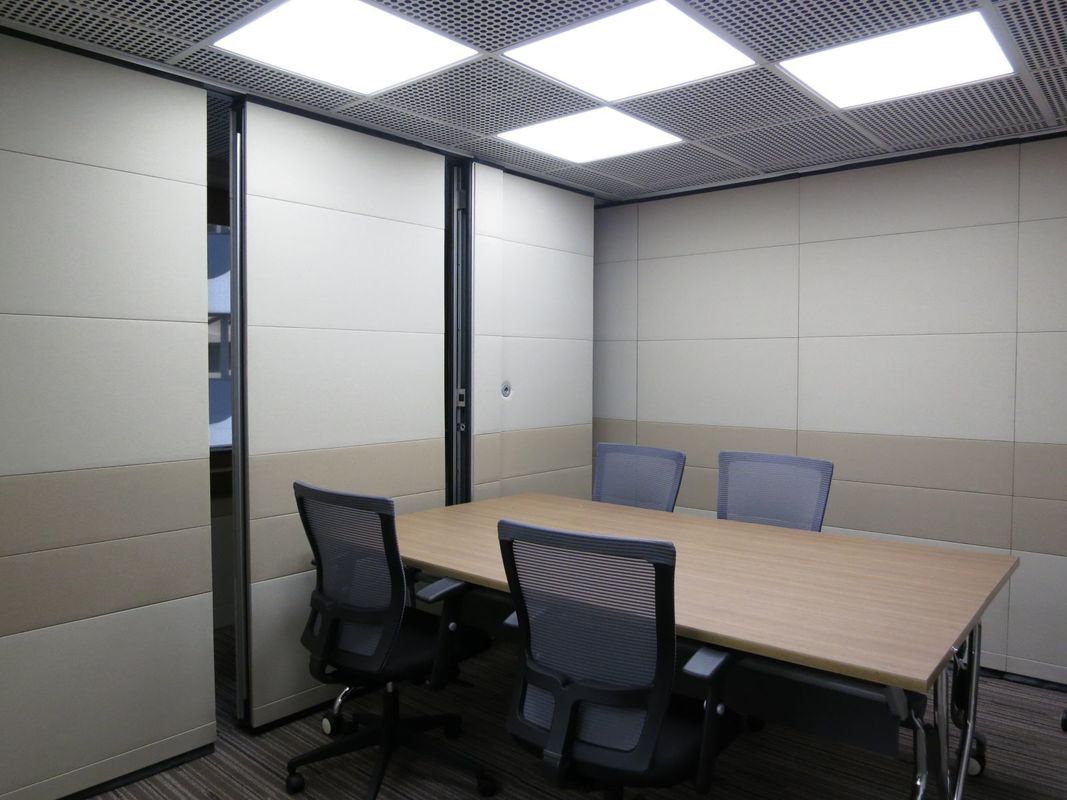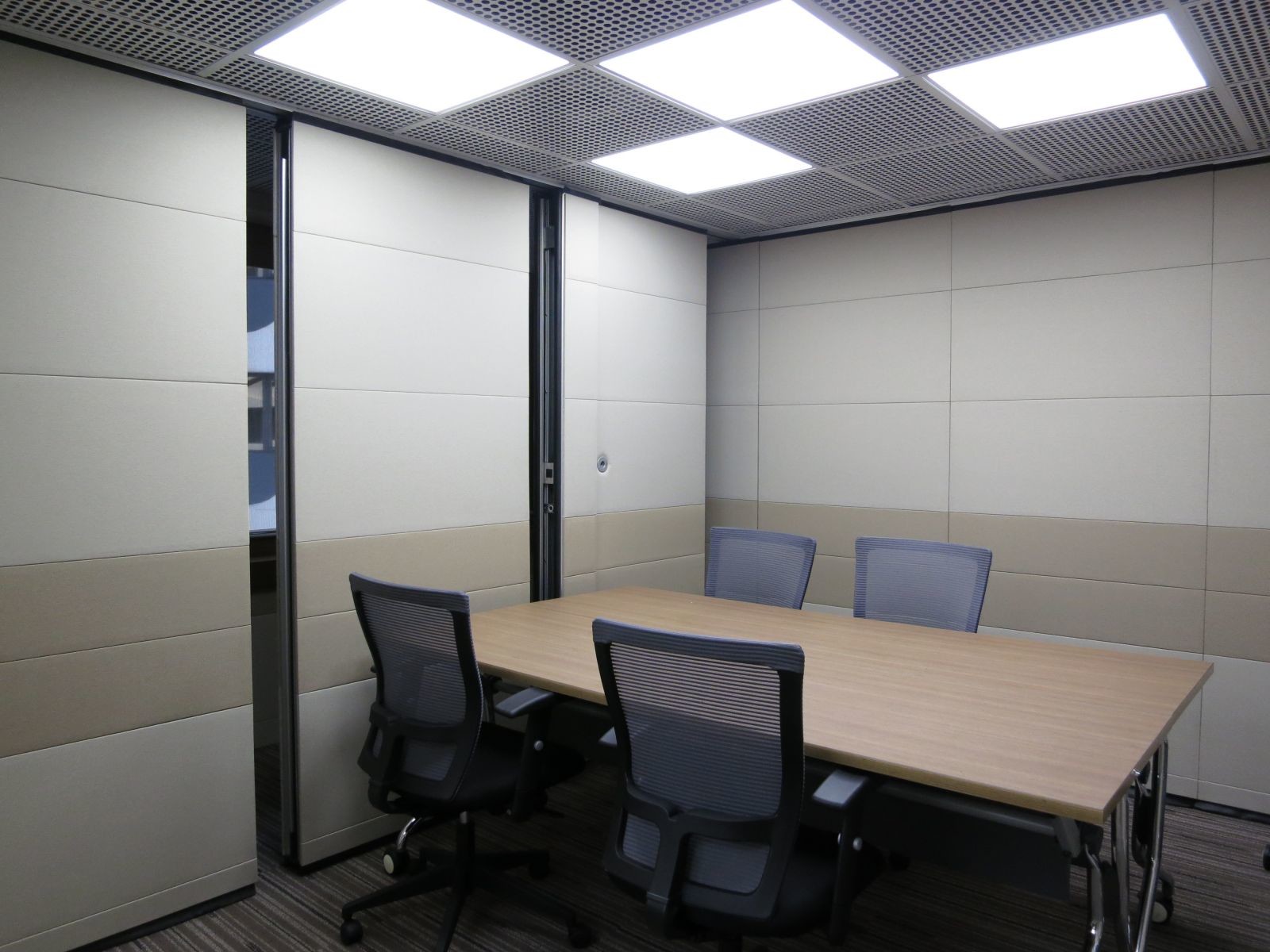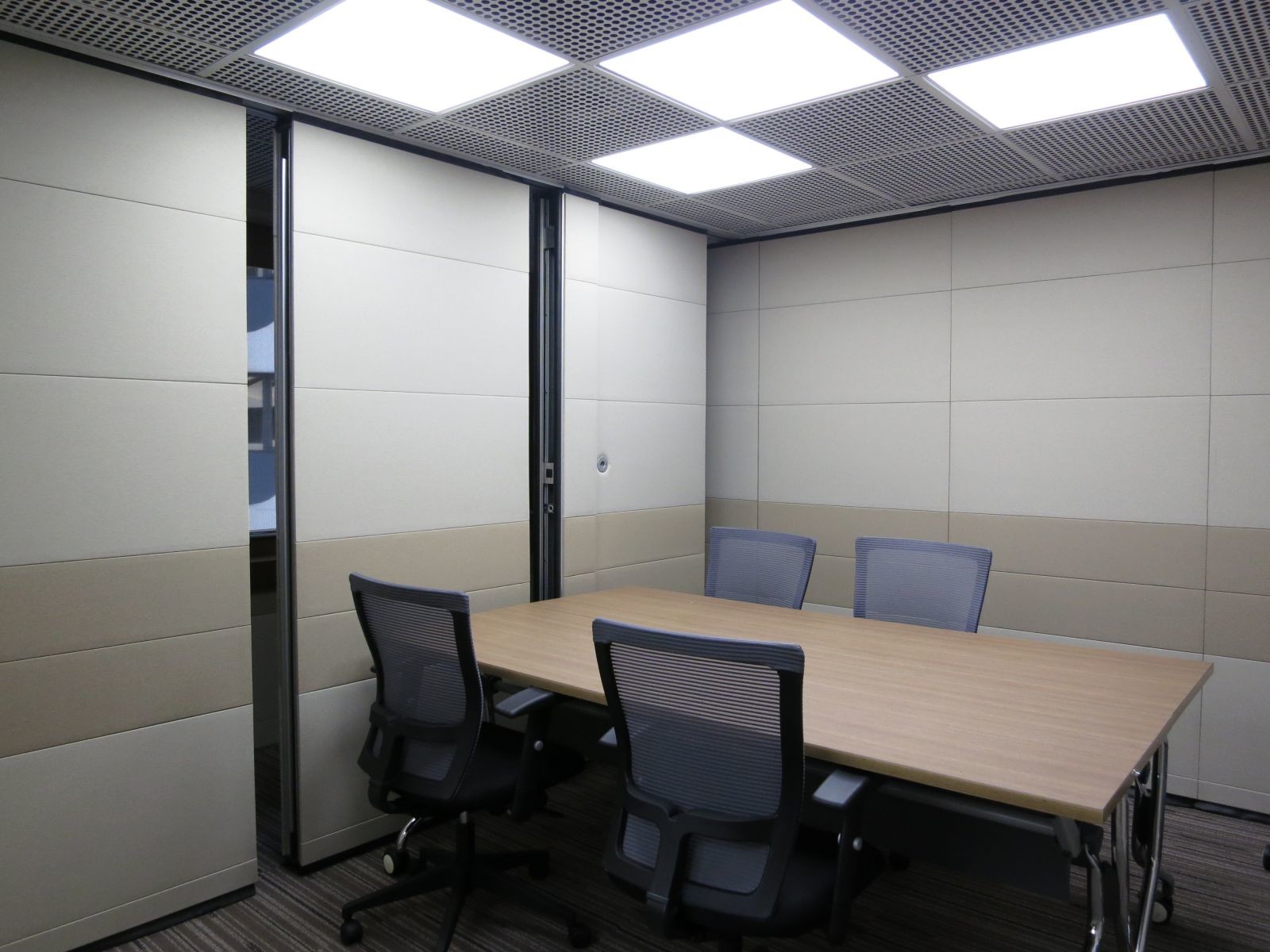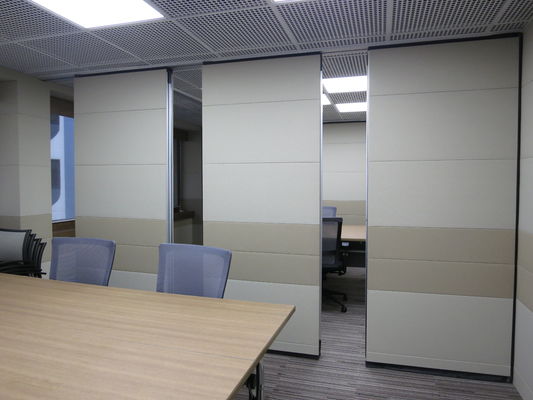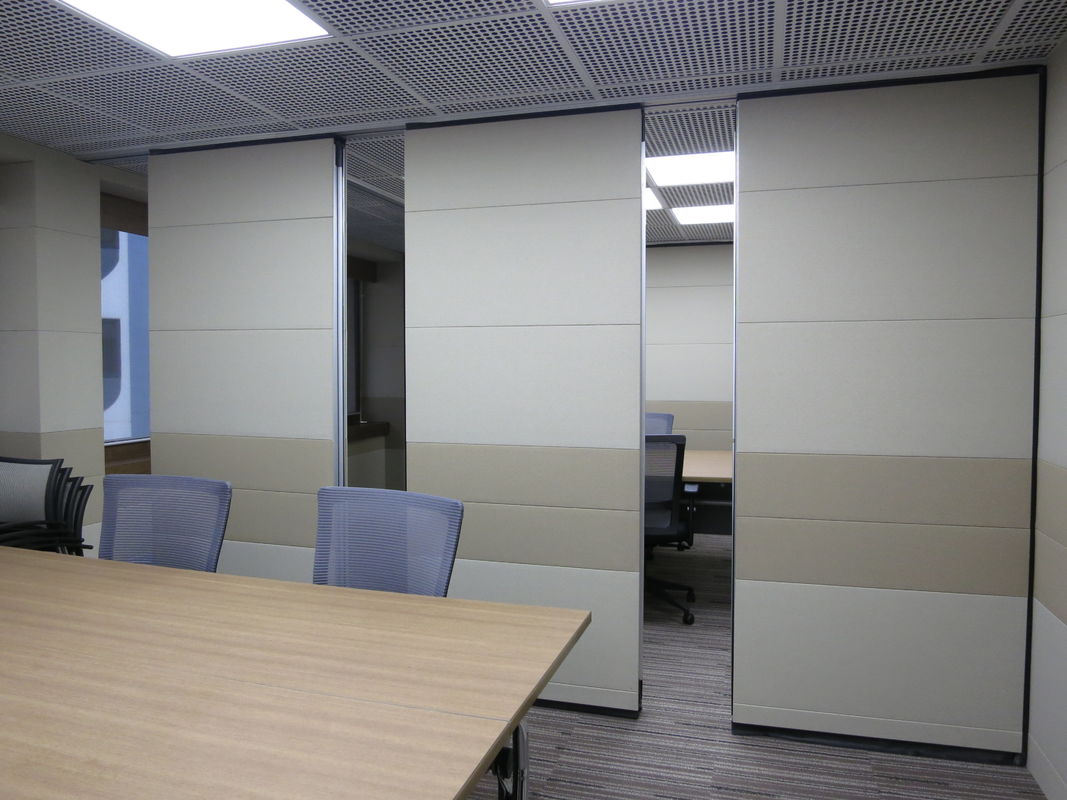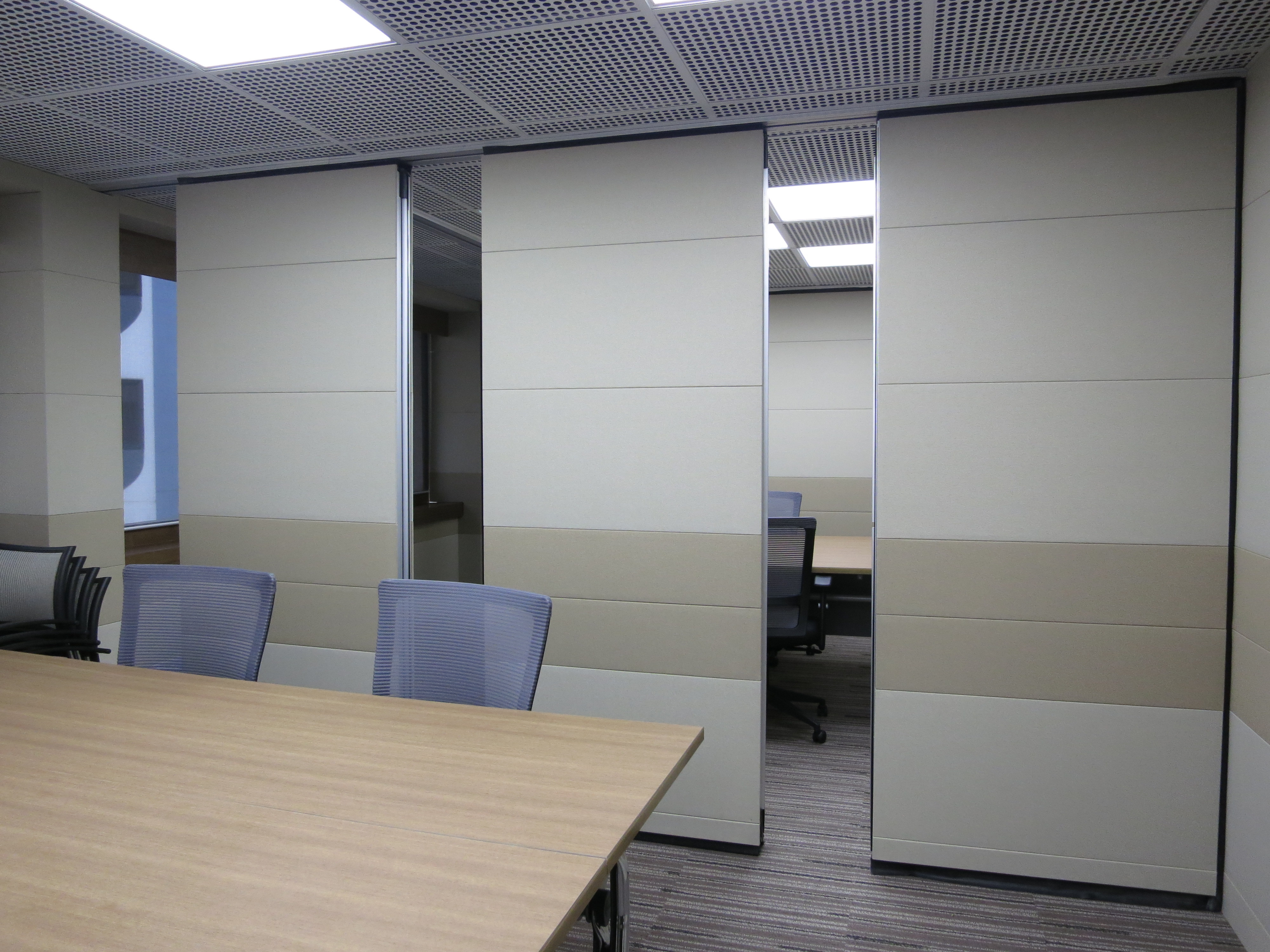Product Description

Movable Partition Wall Thickness Guide
The thickness of a movable partition wall affects its stability, acoustics, weight, and flexibility. Below is a detailed breakdown of standard and specialized thickness options for different applications.
1. Standard Thickness Ranges
Partition Type Typical Thickness Best For
Basic Office Partitions 50–100 mm (2–4 inches) Open offices, temporary dividers
Glass Partitions 25–40 mm (1–1.5 inches) Modern offices, conference rooms
Acoustic Partitions 75–150 mm (3–6 inches) Meeting rooms, hotels, auditoriums
Extra-Strong Partitions 100–200 mm (4–8 inches) High-security areas, heavy-duty use
2. Thickness by Material
A. Glass Partitions
Single-glazed: 25–40 mm (minimal soundproofing)
Double-glazed: 50–80 mm (better insulation, STC 40-50)
Laminated security glass: Up to 100 mm (impact-resistant)
B. Solid Panel Partitions
Aluminum honeycomb core: 50–100 mm (lightweight but strong)
Gypsum/mineral wool core: 75–150 mm (best for soundproofing, STC 50+)
Solid wood/composite: 60–120 mm (luxury finish, mid-range acoustics)
C. Folding/Sliding Partitions
Ultra-thin (space-saving): 35–60 mm
Standard (office use): 60–100 mm
Heavy-duty (event halls): 100–200 mm
3. How Thickness Affects Performance
Factor Thin (25–60 mm) Thick (75–200 mm)
Soundproofing Low (STC 30-40) High (STC 45-60+)
Weight Light (easy to move) Heavy (needs strong tracks)
Durability Moderate Very strong
Space Efficiency Saves space Takes up more room
Cost Lower Higher
4. Special Cases for Extra Thickness
Recording studios: 150–200 mm (STC 60+)
Hospital partitions: 100–150 mm (hygienic, soundproof)
Ballroom dividers: 120–200 mm (high stability for tall walls)
5. Choosing the Right Thickness
For offices: 50–100 mm (balance of space & acoustics)
For hotels/conference rooms: 75–150 mm (better sound control)
For industrial use: 100–200 mm (durability & insulation)
Conclusion
Thicker walls offer better soundproofing and strength, while thinner ones are lightweight and space-saving. The best choice depends on budget, acoustic needs, and structural support.
Need help selecting the right thickness? Share your project details for tailored advice!

 Your message must be between 20-3,000 characters!
Your message must be between 20-3,000 characters! Please check your E-mail!
Please check your E-mail!  Your message must be between 20-3,000 characters!
Your message must be between 20-3,000 characters! Please check your E-mail!
Please check your E-mail! 
